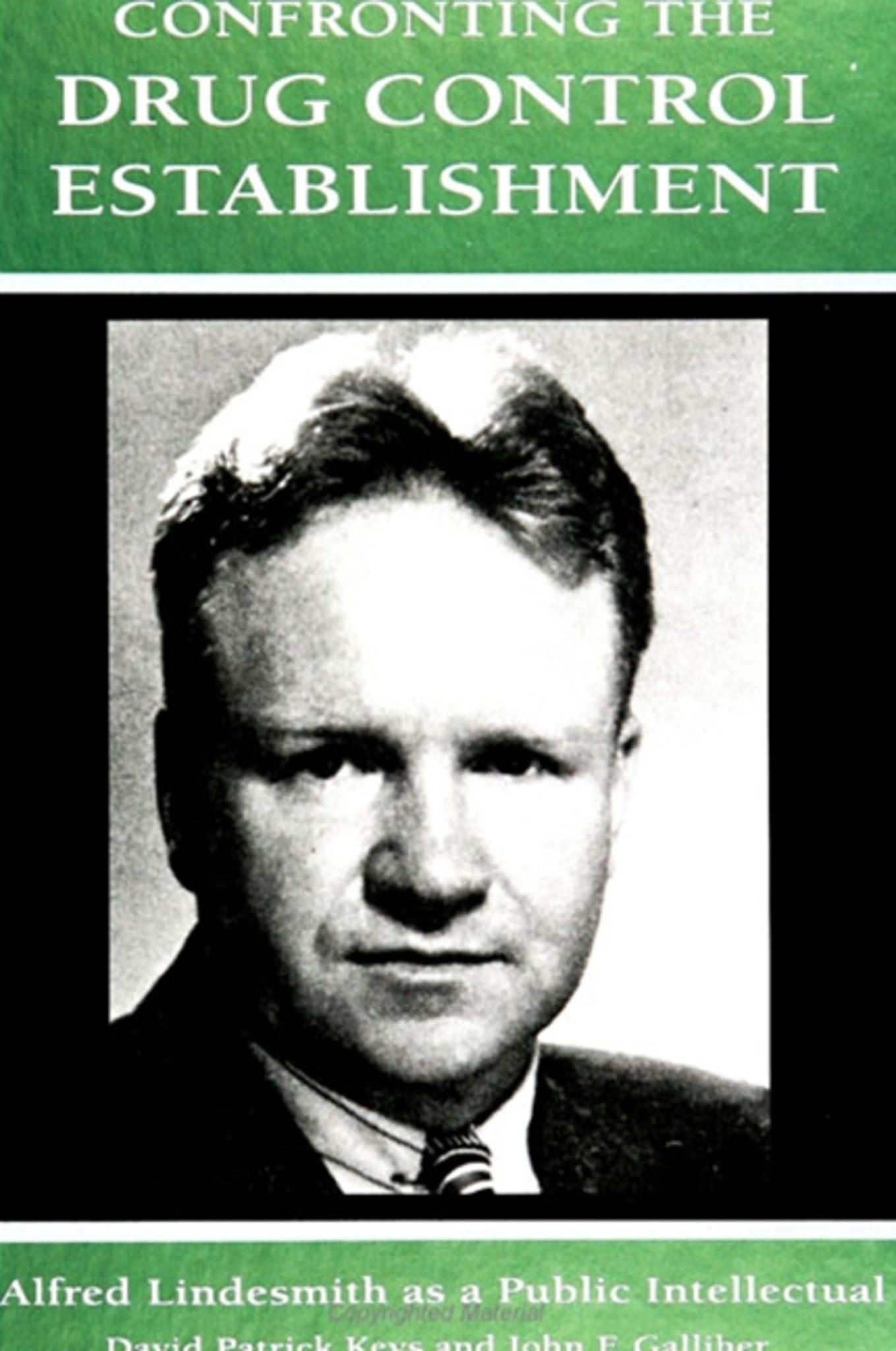We're sorry. An error has occurred
Please cancel or retry.
Confronting the Drug Control Establishment

Some error occured while loading the Quick View. Please close the Quick View and try reloading the page.
Couldn't load pickup availability
- Format:
-
18 November 1999

Examines the career of sociologist Alfred R. Lindesmith, who argued against drug prohibitions from the 1930s onward, warning of the threat to democracy and advocating more humane drug control laws.
Confronting the Drug Control Establishment is a biography of Alfred R. Lindesmith and an intellectual history of his times. A sociologist at Indiana University, Lindesmith believed legal prohibition of addictive drugs was futile and wrote widely on the threat to democracy inherent in such a policy.
Lindesmith's career began during the 1930s and developed along with the emerging drug prohibitions in the early and mid-twentieth century. Throughout his life Lindesmith attempted to utilize his research for the creation of more rational and humane drug control laws. His consistent message was that the addict's self-concept is a central element in human addiction. Lindesmith felt that an overriding influence on an addict's self-concept is a fear of withdrawal, which keeps an addict from seeking treatment and becomes a key driving force in the drug problem.


"This book builds a convincing case for the scientific and clinical importance of Lindesmith's work on addiction and for the political significance of his stand against policies that criminalize the addict." — James D. Orcutt, Florida State University
"Essential reading for scholars and practitioners concerned with drug control policy and deviance, Lindesmith having been a sociologist of intellectual courage and vision." — Gideon Sjoberg, coauthor of A Methodology for Social Research: With a New Introductory Essay
Acknowledgments
Introduction
Chapter 1. Origins and Overview of the Professional Life of Alfred Ray Lindesmith
Chapter 2. Lindesmith's Experience in the Chicago School of Sociology: The Influence of Herbert Blumer and Edwin Sutherland
Chapter 3. A Revised Theory of Opiate Addiction and the Writing of the Book Opiate Addiction
Chapter 4. Contributions to Psychotherapy, Social Psychology, and Symbolic Interaction
Chapter 5. Lindesmith versus Anslinger: Efforts to Reform National Drug Policy, 1937–1950 and the Film Drug Addict
Chapter 6. Writing The Addict and the Law: A Statement of Policy
Chapter 7. Public Discourse: Lindesmith in the Role of Humanist Citizen and Public Intellectual
Epilogue
Appendix 1
Appendix 2
Appendix 3
Name Index
Subject Index



